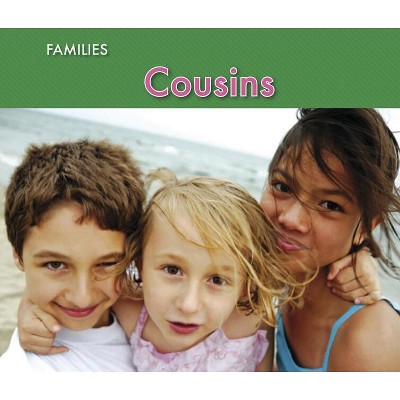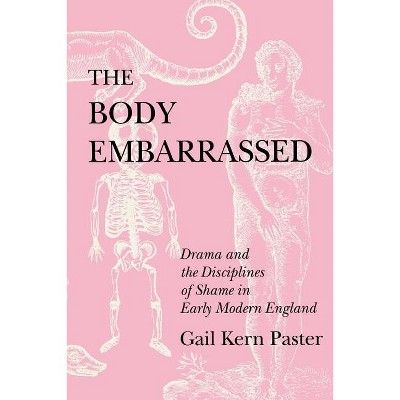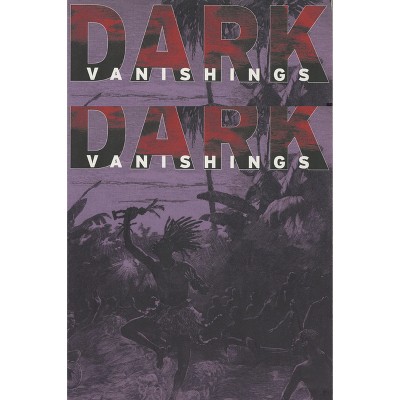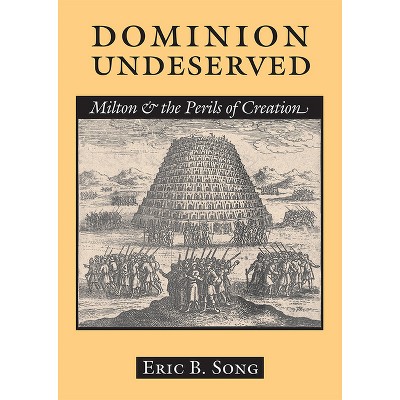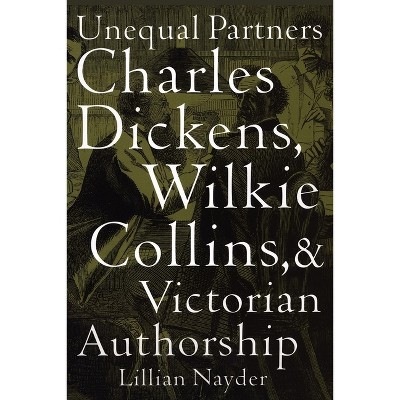About this item
Highlights
- Rebecca Krug argues that in the later Middle Ages, people defined themselves in terms of family relationships but increasingly saw their social circumstances as being connected to the written word.
- About the Author: Rebecca Krug is Associate Professor of English at the University of Minnesota.
- 256 Pages
- Literary Criticism, European
Description
About the Book
Rebecca Krug argues that in the later Middle Ages, people defined themselves in terms of family relationships but increasingly saw their social circumstances as being connected to the written word. Complex family dynamics and social configurations...
Book Synopsis
Rebecca Krug argues that in the later Middle Ages, people defined themselves in terms of family relationships but increasingly saw their social circumstances as being connected to the written word. Complex family dynamics and social configurations motivated women to engage in text-based activities. Although not all or even the majority of women could read and write, it became natural for women to think of writing as a part of everyday life.Reading Families looks at the literate practice of two individual women, Margaret Paston and Margaret Beaufort, and of two communities in which women were central, the Norwich Lollards and the Bridgettines at Syon Abbey. The book begins with Paston's letters, which were written at her husband's request, and ends with devotional texts that describe the spiritual daughterhood of the Bridgettine readers.Scholars often assume that medieval women's participation in literate culture constituted a rejection of patriarchal authority. Krug maintains, however, that for most women learning to engage with the written word served as a practical response to social changes and was not necessarily a revolutionary act.
Review Quotes
Rebecca Krug's analysis of women's literate practices opens up new understanding of ways family relationships shaped women's responses to the challenges of an increasingly text-based society of fifteenth-century England.
--Phyllis R. Brown, Santa Clara University "Renaissance Quarterly"About the Author
Rebecca Krug is Associate Professor of English at the University of Minnesota.
Shipping details
Return details
Trending Poetry








